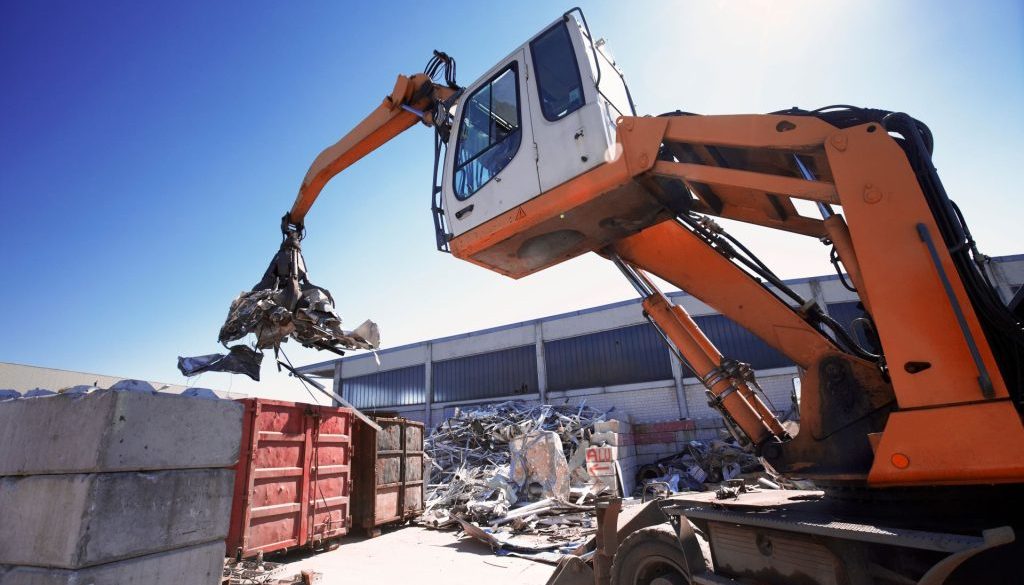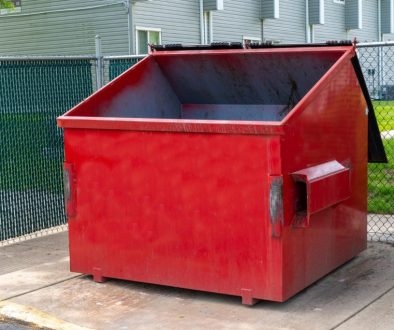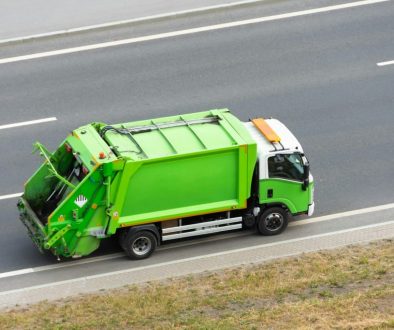Selecting the appropriate aggregates for your construction project is crucial to ensuring its success, affecting factors such as structural stability, durability, and overall aesthetic appeal. Moreover, with an increasing focus on sustainability and environmentally friendly construction practices, the choice of aggregates plays a significant role in determining the ecological footprint of your project. In this comprehensive guide, we will delve into the world of aggregates, providing you with essential information on the various types and their applications, enabling you to make informed decisions when selecting aggregates for your construction projects.
Our primary focus is to educate construction professionals and enthusiasts alike on the importance of aggregate selection, shedding light on this often-overlooked aspect of construction. By gaining a thorough understanding of different aggregate types, their properties, and suitable applications, you can guarantee that your project is built on a solid foundation while also contributing to a more sustainable construction industry.
1. Understanding Different Types of Aggregates: Essential Knowledge for Selection
Before determining the most suitable aggregates for your project, it’s crucial to familiarise yourself with the various types available and their specific properties:
– Primary aggregates: These are naturally occurring materials extracted directly from quarries or sand and gravel pits, such as crushed rock, sand, or gravel. Primary aggregates tend to offer high load-bearing capacity and are often used in structural applications.
– Secondary aggregates: These materials result from industrial processes or construction waste recycling, including slag, fly ash, and crushed concrete. Secondary aggregates can be more sustainable than primary aggregates due to their recycled nature, providing a viable option for eco-conscious projects.
– Lightweight aggregates: Materials such as expanded clay, shale, or perlite are examples of lightweight aggregates, offering reduced weight and thermal conductivity compared to conventional aggregates. These properties make them ideal for applications in lightweight concrete or insulating construction elements.
By understanding the various aggregate types, their origins, and properties, you’ll be better equipped to make appropriate selections for your construction project.
2. Key Factors to Consider When Choosing Aggregates: Load-Bearing Capacity, Sustainability and Aesthetics
Selecting the right aggregates requires a thorough understanding of the key factors that contribute to your project’s success:
– Load-bearing capacity: One of the primary considerations when choosing aggregates is their ability to support the weight of the structure. Aggregates with high load-bearing capacity, such as crushed rock or gravel, are typically required for heavy-duty applications, such as foundations and structural elements.
– Sustainability: The environmental impact of your project is a crucial factor in aggregate selection. Opting for secondary aggregates, which are often generated from waste materials, can be a more sustainable choice, contributing to reduced waste generation and lower carbon emissions.
– Aesthetics: The visual appearance of your project may also influence your aggregate selection, particularly in decorative applications. Colour, size, and texture are essential elements to consider, as they can greatly impact the final look of exposed aggregate surfaces such as walkways, driveways, or architectural features.
Keeping these factors in mind will enable you to make informed decisions when selecting aggregates for your construction project.
3. Sourcing Sustainable Aggregates: An Eco-Friendly Approach to Material Selection
Sustainable aggregate sourcing has become increasingly essential in the quest to reduce the environmental impact of construction projects:
– Utilise secondary aggregates: Selecting secondary aggregates, such as crushed concrete or slag, supports recycling initiatives and reduces the demand for primary natural resources.
– Local sourcing: Opt for locally sourced aggregates to minimise transportation costs and associated carbon emissions, contributing to a smaller overall ecological footprint.
– Reuse and repurpose on-site materials: If possible, consider reusing or repurposing existing on-site materials for aggregates to reduce waste generation and material transportation further.
Incorporating sustainable aggregates into your construction project helps reduce environmental impact and supports the transition towards a greener construction industry.
4. Leveraging Expert Knowledge and Services: Ensuring the Success of Your Aggregate Selection
Engaging a reliable aggregate supplier with extensive knowledge and experience in the industry can be invaluable in guiding your aggregate selection process:
– Expert consultation: Seek guidance from an expert aggregate supplier who can provide insight into choosing the right aggregates for your specific project requirements and objectives.
– Product range and availability: Engage a supplier offering a wide range of aggregate options, ensuring you have access to the materials you require, whether primary, secondary, or lightweight aggregates.
– Quality assurance: To ensure the success of your project, it’s vital to select a supplier that guarantees the quality of their aggregates, adhering to industry standards and regulations.
Leveraging the expertise of a knowledgeable aggregate supplier can help guarantee the optimal choice of aggregates for your construction project, maximising its effectiveness and sustainability.
Conclusion
Choosing the right aggregates for your construction project is of paramount importance, contributing to the success, aesthetics, and sustainability of your venture. By understanding the various aggregate types, considering key factors such as load-bearing capacity, environmental impact, and visual appeal, and leveraging the expertise of reliable aggregate suppliers, you can ensure the success of your project while promoting environmentally friendly construction practices.
Enviro Skip Hire is dedicated to providing our clients with premium quality, sustainable 6F2 aggregate and expert guidance to support their construction projects. Should you require assistance in selecting the most appropriate aggregates for your project, or if you have any questions regarding our range of aggregates, please do not hesitate to get in touch with us. Together, we can contribute to a more sustainable construction industry by making informed decisions when it comes to our choice of aggregates.




